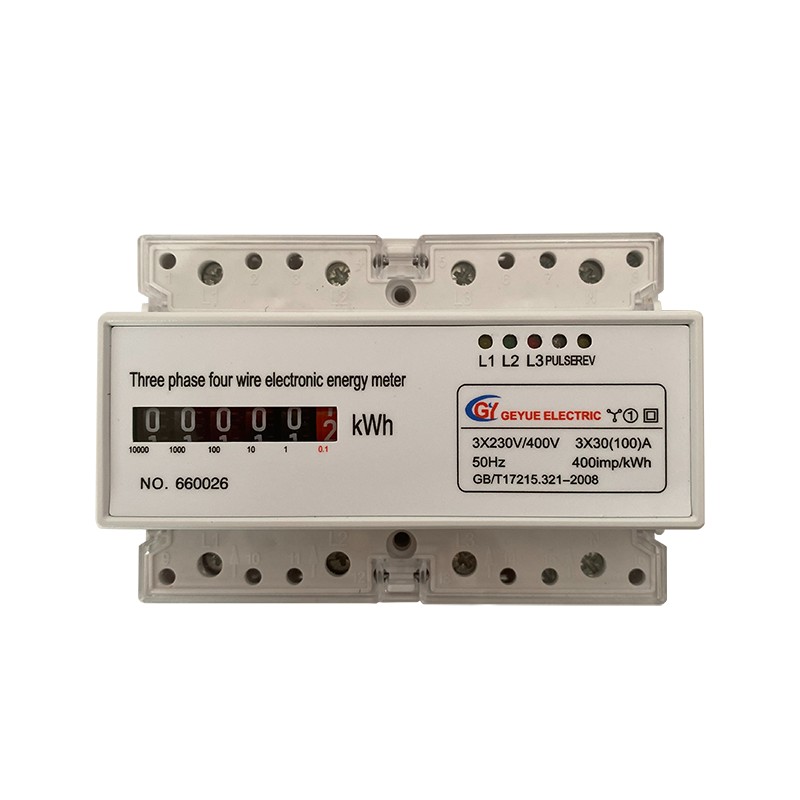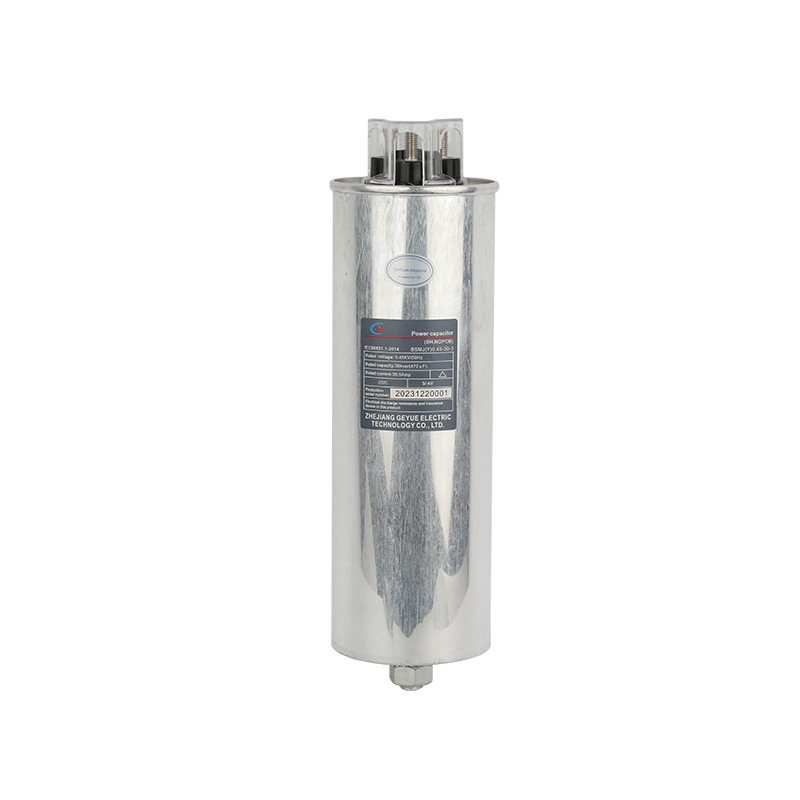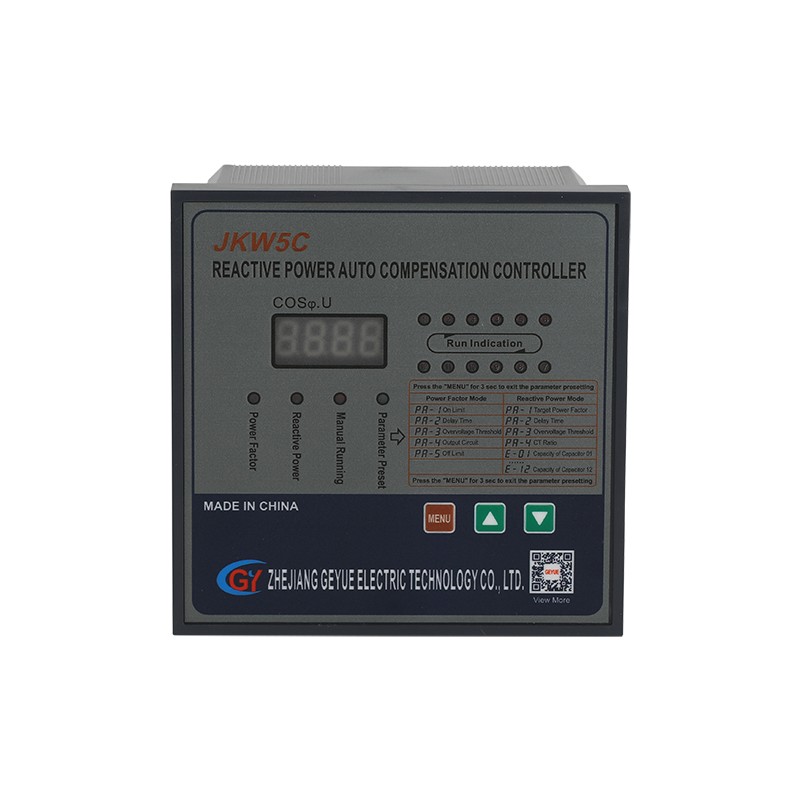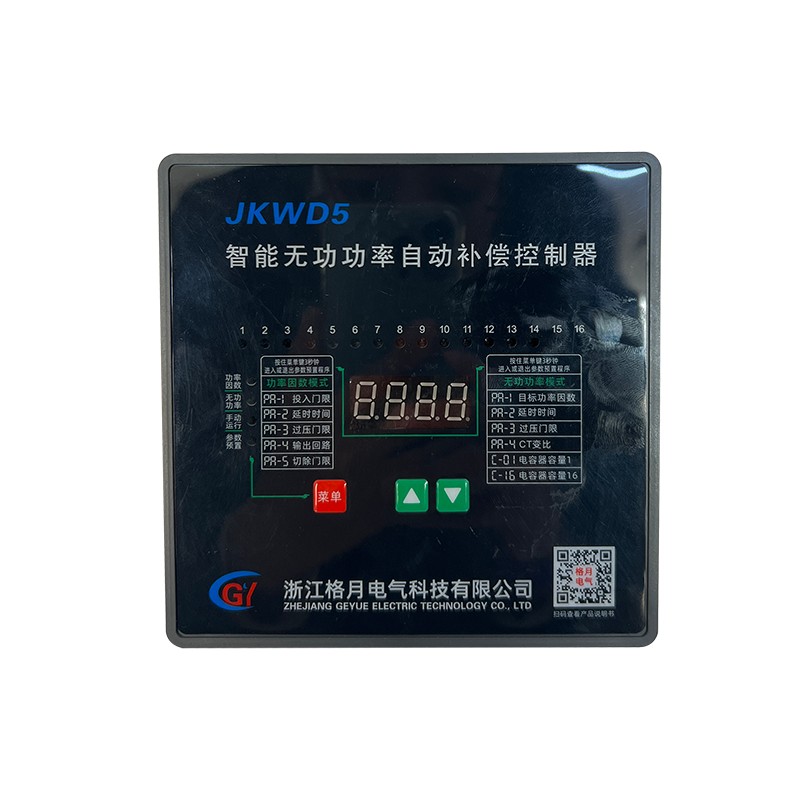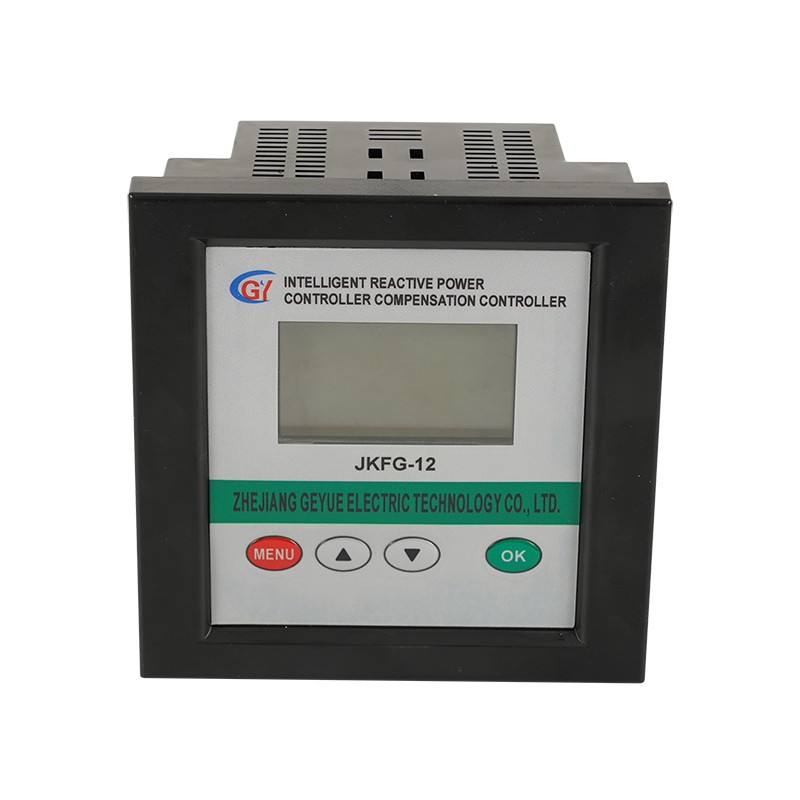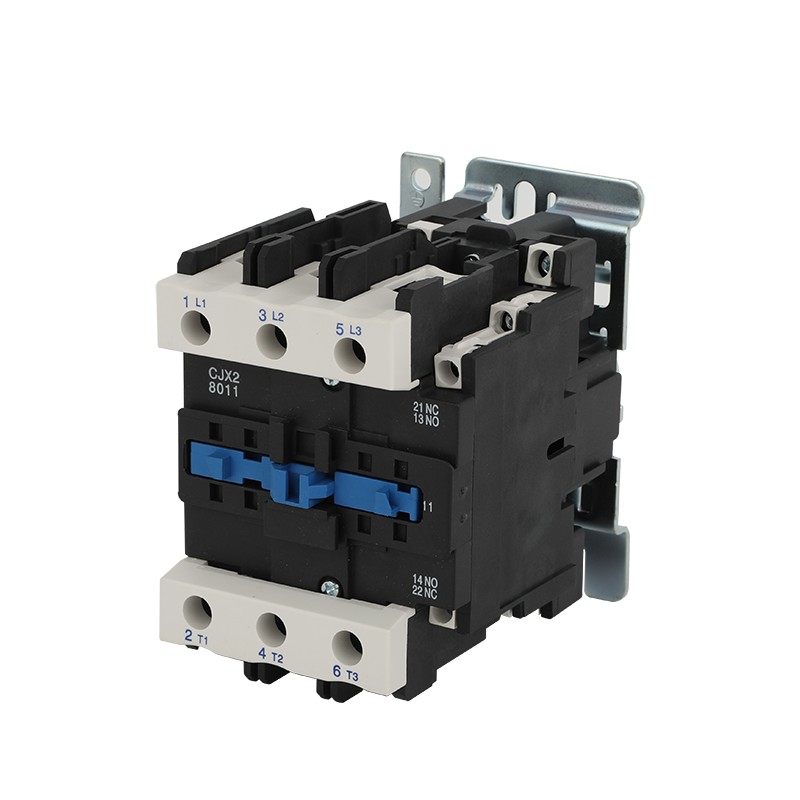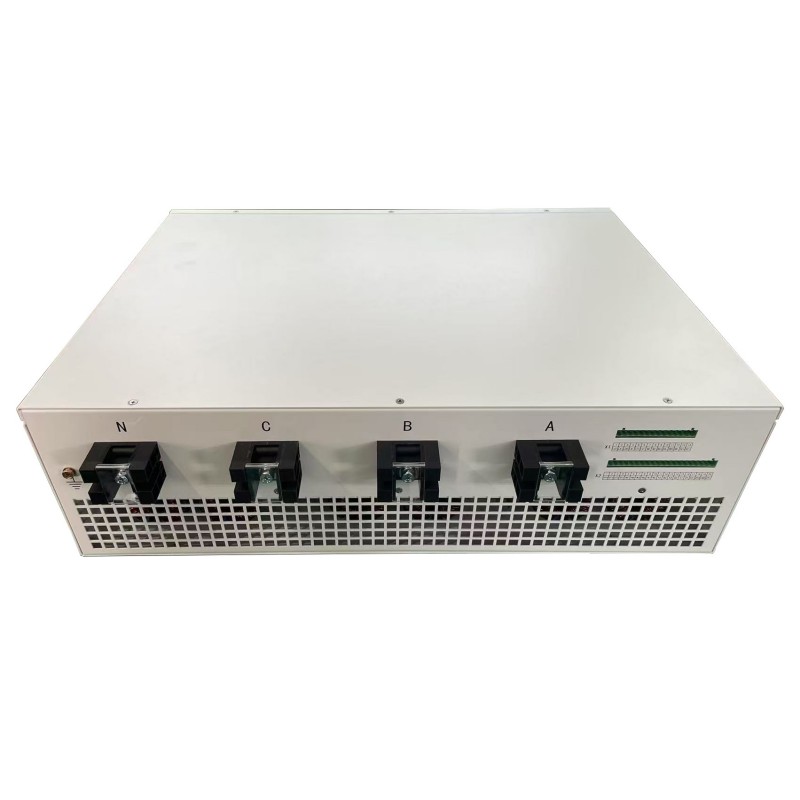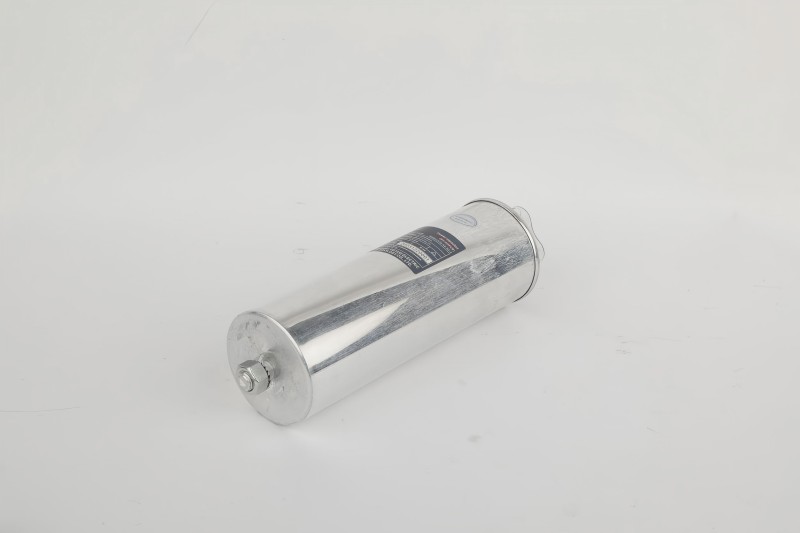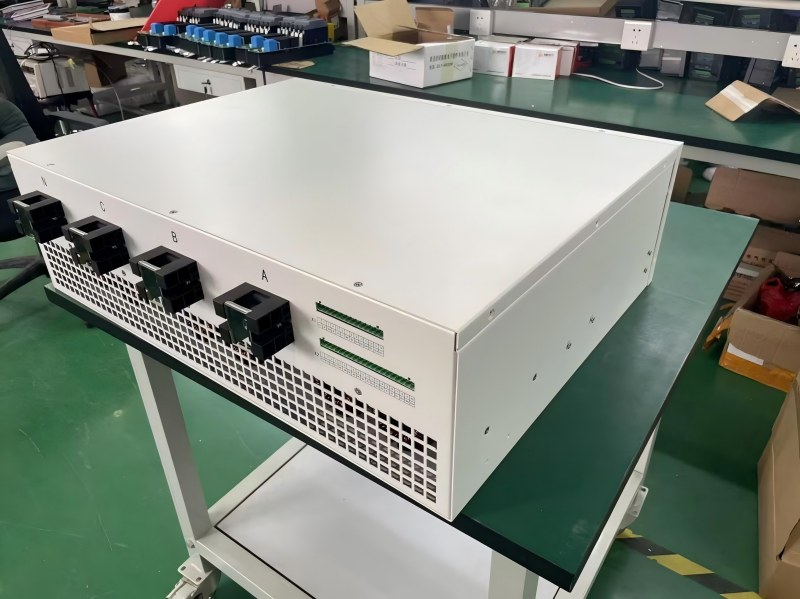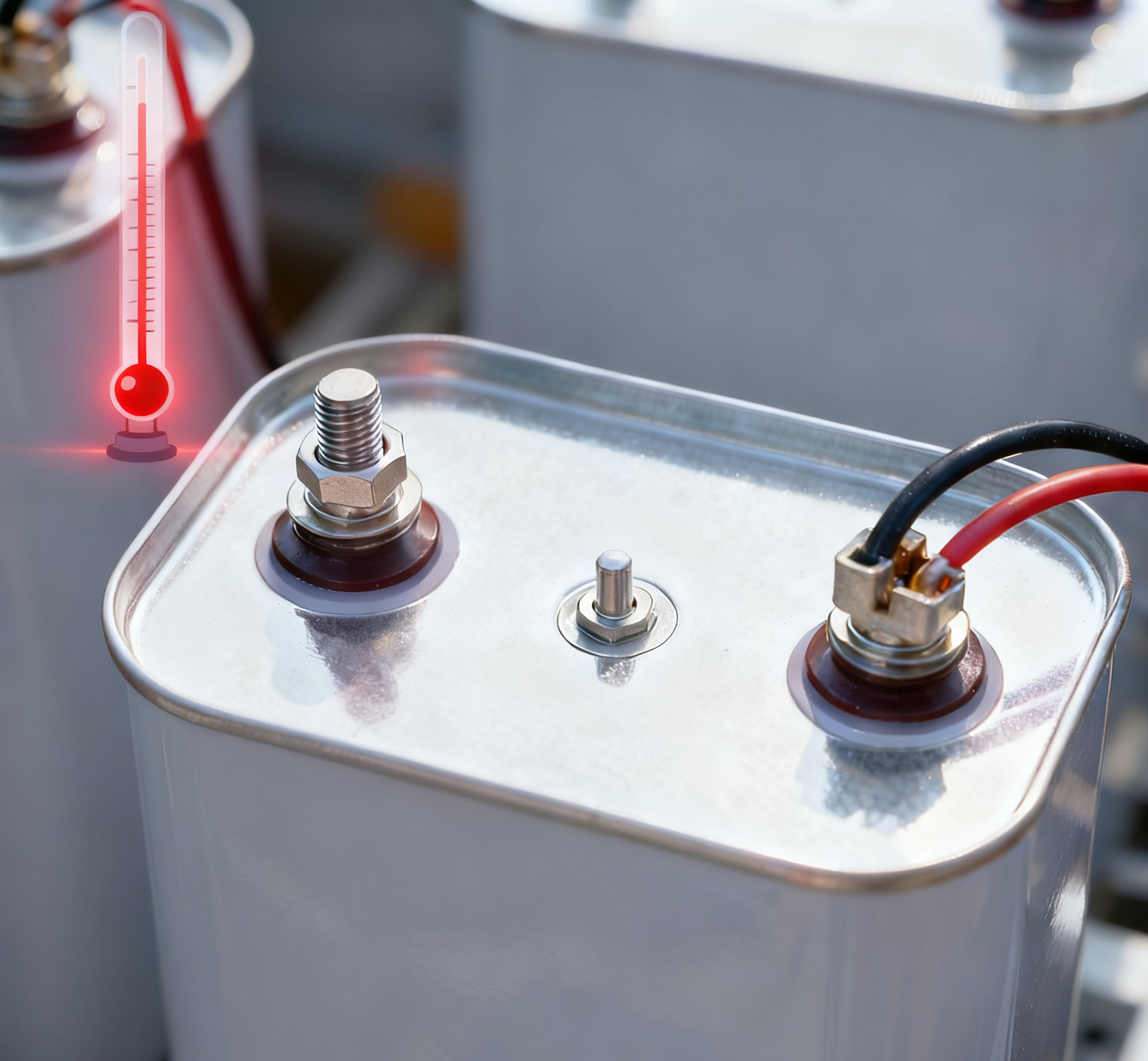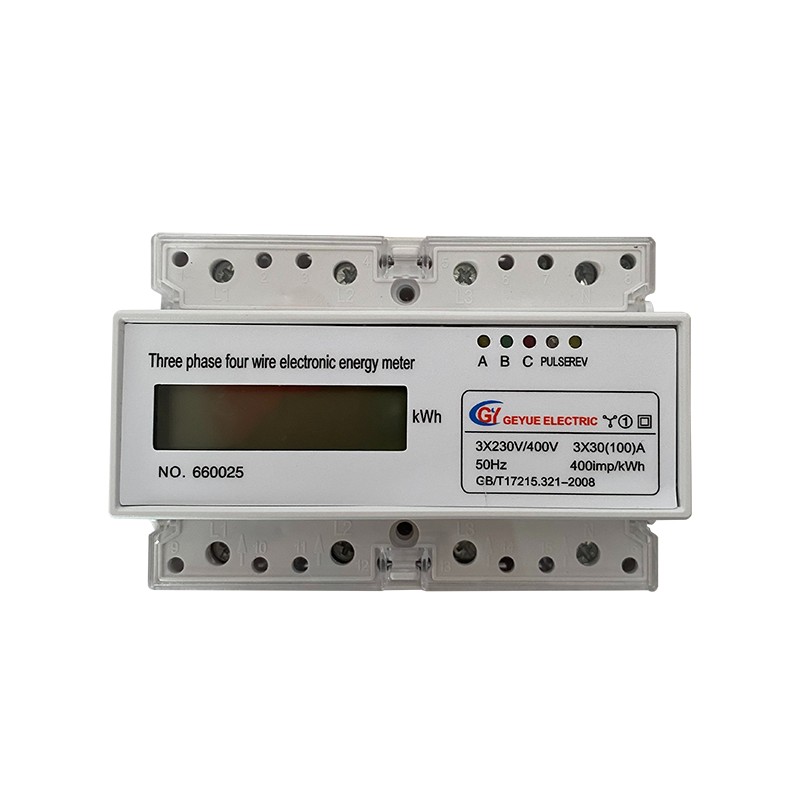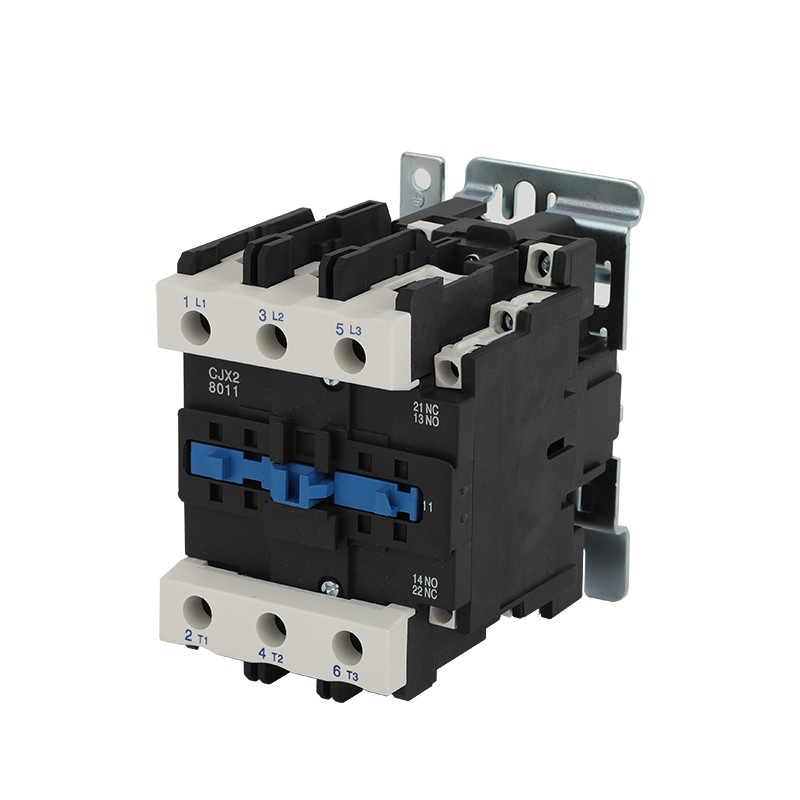How do Intelligent Capacitors Enable Compensation Panels to Automatically Adapt to Load Changes and Optimize Reactive Power Compensation?
Preface
Load fluctuations are a constant in modern industrial power systems. Motor startups and shutdowns, equipment switching, and adjustments to production schedules all lead to real-time fluctuations in reactive power demand. Traditional compensation panels, relying on manual settings and fixed strategies, struggle to keep up with these changes, often resulting in under- or over-compensation. This not only wastes electricity but also compromises power quality. The emergence of Intelligent capacitors has revolutionized this landscape. They enable compensation panels to sense load changes in real time, make intelligent decisions, and precisely execute compensation commands, truly achieving the transition from "passive response" to "active adaptation." This article will delve into the technical principles and practical value of Intelligent capacitors in enabling this transformation.
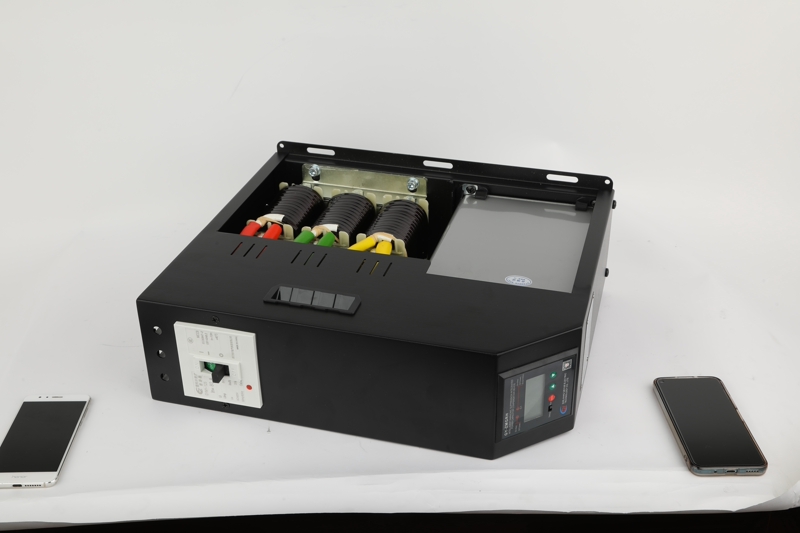
Core Challenges Faced by Traditional Compensation Cabinets
Traditional reactive power compensation solutions utilize a centralized controller with multiple capacitor branches, which presents significant limitations. The controller collects current and voltage signals from the main line, calculates the overall reactive power demand, and then controls contactors or compound switches to switch capacitor banks. This architecture suffers from response delays, typically requiring several to tens of seconds to complete a single adjustment cycle, making it unable to track rapidly changing loads. If group switching is employed, compensation accuracy is limited by the group capacity, making switching oscillations more likely. The inrush current and overvoltage generated by contactor switching can impact the lifespan of capacitors and grid equipment. On-site parameter configuration by specialized personnel is required, complicating operations and maintenance and hindering refined management.
Core Operating Principles of Intelligent Capacitors
Intelligent capacitors integrate measurement, control, switching, and protection functions into a single unit. Each Intelligent capacitor is an independent intelligent entity, capable of real-time monitoring of line parameters and making autonomous decisions using built-in algorithms. Intelligent capacitors utilize zero-crossing switching technology, precisely capturing the instantaneous voltage zero-crossing to complete switching operations, completely eliminating inrush current shocks. The system supports phase-by-phase compensation, independently determining reactive power requirements for each phase and providing differentiated compensation, effectively addressing three-phase imbalance. A built-in communication module enables each unit to automatically network and collaborate for optimal compensation allocation. They also continuously monitor parameters such as temperature, current, and voltage, enabling fault self-diagnosis and early warning.
How We Ensure Smart System Reliability
Reliability is our primary consideration during the development of Intelligent capacitors. We utilize a fully sealed metal structure to protect the internal electronic components from environmental interference. All switching devices are derated to provide ample safety margins. The communication system utilizes a dual-redundant design to ensure network stability. Built-in self-diagnostics can detect over 90% of common fault types and automatically initiate protective actions. Stringent factory testing procedures, including 72-hour burn-in testing, 1,000 switching cycles, and high- and low-temperature cycling testing, ensure that each product meets its design life of at least ten years.
Intelligent Operation and Maintenance and Remote Management
Intelligent capacitors open up a new model for reactive power compensation operation and maintenance. The system automatically records operating data, generating energy consumption analysis reports and power factor trend charts. A multi-level early warning mechanism issues alerts when parameters are abnormal, supporting multiple notification methods such as email and SMS. Remote parameter setting allows engineers to modify configurations online without the need for on-site service. The system supports over-the-air (OTA) remote upgrades, continuously optimizing control algorithms and adding new features. These intelligent operation and maintenance features significantly lower the professional barrier to entry, enabling even ordinary electricians to effectively manage compensation systems.
Implementation Guide and Selection Recommendations
Several key factors should be considered when implementing a Intelligent capacitor retrofit. For new projects, it's recommended to directly adopt a fully intelligent compensation solution to fully leverage its technological advantages. For retrofit projects, it's important to assess whether existing cabinet space and line conditions meet installation requirements. Capacity specifications should be selected based on a detailed reactive power demand analysis to avoid blind selection. Communication protocols should be compatible with existing monitoring systems, or interfaces should be reserved for future expansion. Select products from reputable brands to ensure long-term technical support and service guarantees. Post-implementation, operational training should be arranged to equip maintenance personnel with basic troubleshooting and data analysis skills.
Conclusion
Intelligent capacitors, through their integrated and intelligent design, enable compensation cabinets to adapt to changing loads. This technological advancement not only improves reactive power compensation accuracy and response speed, but also fundamentally changes operations and maintenance models, reducing lifecycle costs. With the development of Industrial Internet technologies, Intelligent capacitors will become a crucial foundation for building smart energy systems. We recommend that companies consider the long-term value of intelligent technologies when planning their reactive power compensation solutions and select the technology path that best suits future development. Please contact our technical team for a customized smart compensation solution.
- What Role do Reactors Play in Modern Power Systems?
- Can Capacitor Switches Become Key Equipment in the Smart Grid Era?
- How Has the CJ19 AC Contactor Become a Reliable Choice for Capacitor Switching?
- Can Cylinder Self-healing Shunt Capacitor Become the Ideal Choice for the Smart Grid Era?
- Apart from Saving Electricity Costs, What Value does Low-Voltage Reactive Power Compensation Bring to Enterprises?
- How does the Temperature Dependence of a Capacitor's Capacitance Value affect the Tuning Point of a Detuned Filter Circuit?

